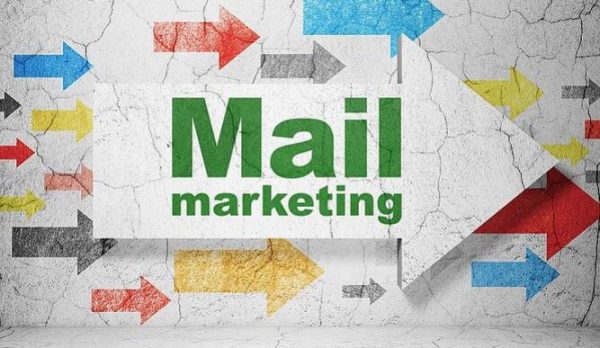Is direct mail part of your current marketing strategies?
Using tailored messages to attract targeted prospects is a valued marketing tradition. This encompasses a broad range of materials, including postcards, product samples, promotional letters, self-mailers, etc. The goal is to boost brand awareness and build relationships by enabling prospects to better understand what you offer and how these offerings can benefit them.
For some businesses, the advent of the digital era has reduced or eliminated the use of direct mail in their marketing campaigns. But even “the most obvious junk mail in your mailbox has something that few marketing emails will ever possess: the reality factor,” notes marketing expert Steven Pulcinella. Direct mail, he adds, “has weight, substance and dimension.”
According to Marketing Interactive, digital ads interrupt and distract viewers when they “are browsing through [their] news feed or are forced to watch ads that [they] don’t want to.” On the other hand, direct mail recipients “can read the mailer in the comfort of their own home,” an approach that “allows recipients to ‘experience’ the product.”
Perhaps most importantly to businesses catering to Millennial customers, surveys indicate that consumers in this demographic really do pay attention to direct mail marketing. According to Forbes, these tips can help ensure that your direct mail efforts connect with this audience:
- Take advantage of big data to frame your direct mail campaign around lifestyle habits, buying preferences, birthday messages and other highly specialised customer information.
- As you embark upon new marketing campaigns and/or flesh out new strategies, conduct a thorough test-and-track process with direct mail recipients that allows you to refine your approach based on the results of your study.
- Follow the “3-7-27” prospecting rule. (A direct mail recipient remembers you after getting your message three times, recalls you or your brand after getting your message seven times, and grows to trust your brand after getting your message 27 times).
If direct mail marketing offers opportunities for your business, here are current trends worth considering:
Multi-channel Marketing
This strategy combines promotional materials delivered through direct mail, in tandem with digital marketing tools (social media, blog posts, videos, and so on). Offering multiple customer touch points often generates more qualified sales leads.
Delivered at the right time, direct mail can play a key role in nurturing a qualified lead. Offerings and content that specifically target an individual prospect can subtly influence that person’s perception of your business. This in turn can lead the way to the next step in the nurturing process, depending on where it falls within the prospect’s purchasing journey.
Personalisation
This approach focuses on personalising the direct mail message through a focus on specific interests, lifestyles or cultural preferences. Personalisation can include displaying customer-appropriate images on an envelope—for example, photographs of fishing rods or a mountain stream if the recipient is known to enjoy fishing. (Such information might be gleaned from prior customer surveys or focus groups.) Personalisation can also include a customised welcome message and/or gift certificate.
Account based marketing (ABM) has really brought new life into direct mail primarily because of the amount of personalisation that can be achieved in this channel. The basic concept of ABM is about creating a one-to-one connection, so when a direct mail piece is personalised it gives their audience an experience that can’t be duplicated digitally.
Dimensional Mail
According to marketing specialist Summer Gould, dimensional mail pieces “are not flat like normal [mail], but have dimension such as boxes or tubes.” Gould contends that dimensional mail has “a much higher response rate compared to traditional mail pieces.” It’s frequently more memorable than ordinary mail, and when “useful to recipients,” may be kept longer and used more often.
Many people will think twice about tossing out something that has dimension and weight without at least opening it. This gives your piece extra time while the recipient considers and thinks about your brand. That time is valuable in a world that is full of distractions.
Even in these digital times, there are distinct advantages to consider with direct mail marketing. It all depends on the quality of knowledge of your customer base and your ability to customise a message that’s memorable and beneficial to them.


